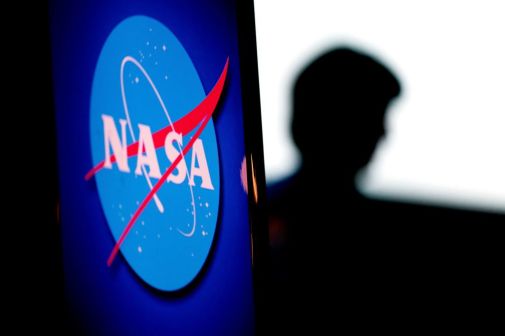NASA looks to bolster drone, autonomous vehicle research

NASA announced new research Monday that could bolster the nation’s use of autonomous technologies in urban areas.
The outcomes of three new projects could help a reluctant public and state and local policymakers overcome reservations with autonomous technology.
One will attempt to develop new algorithms that raise the confidence in a machine’s ability to make decisions, which could contribute to a reliable autonomous certification process. Researchers also will develop new “methods and technologies” to verify drones are structurally and mechanically sound before takeoff. And a third project will use quantum computing to build a “jam-free” network that can host thousands of drones each day.
The projects are funded through NASA’s Transformative Aeronautics Concepts Program (TACP), an initiative that — according to the agency’s website — “encourages revolutionary concepts” and “drives rapid turnover into potential future concepts.”
“Our idea is to invest a very modest amount of time and money into new technologies that are ambitious and potentially transformative,” Richard Barhydt, acting director of TACP, said in a press release. “They may or may not work, but we won’t know unless we try.”
Read more about NASA’s autonomous research projects on StateScoop.




